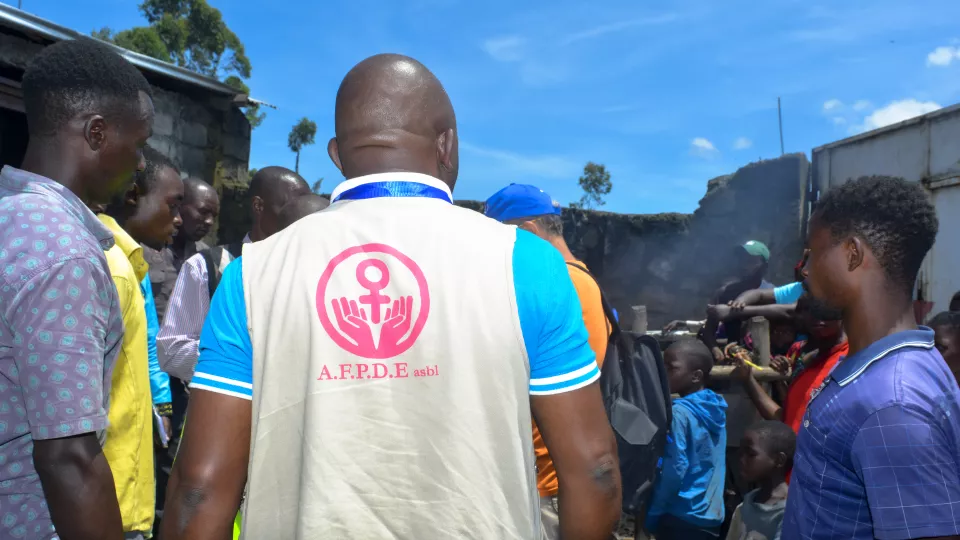
Why just advocating for localisation is no longer enough
Reflecting on humanitarian trends over the past decade, one thing is clear: localisation and/or locally led action are ways of working that are here to stay.

Reflecting on humanitarian trends over the past decade, one thing is clear: localisation and/or locally led action are ways of working that are here to stay.
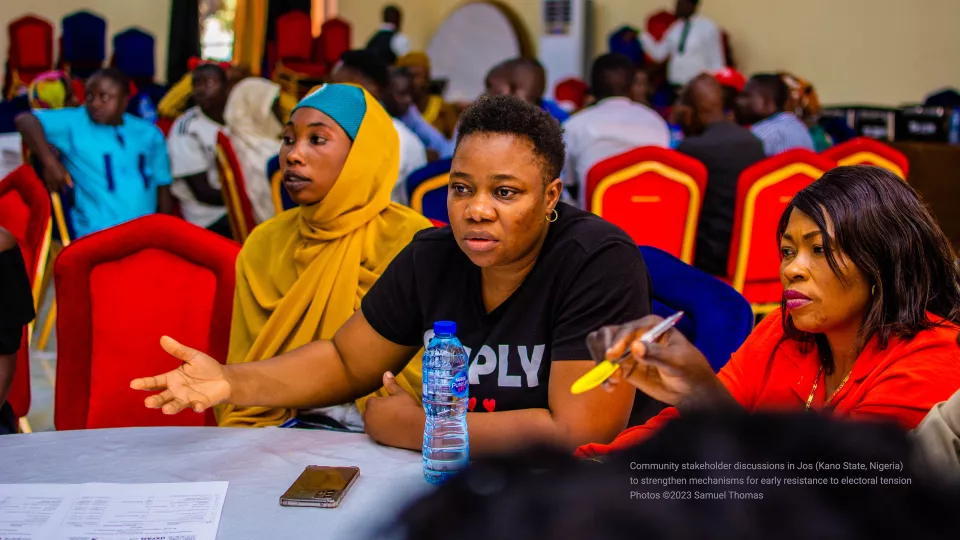
A podcast series making the case for locally led humanitarian action.
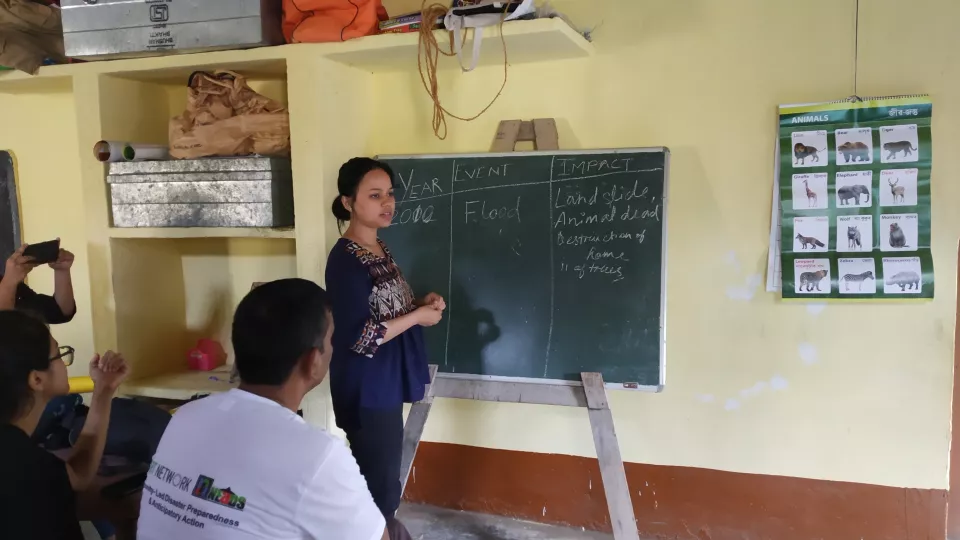
Start Network is launching the #StartLocal - a live repository that compiles examples of locally led work.
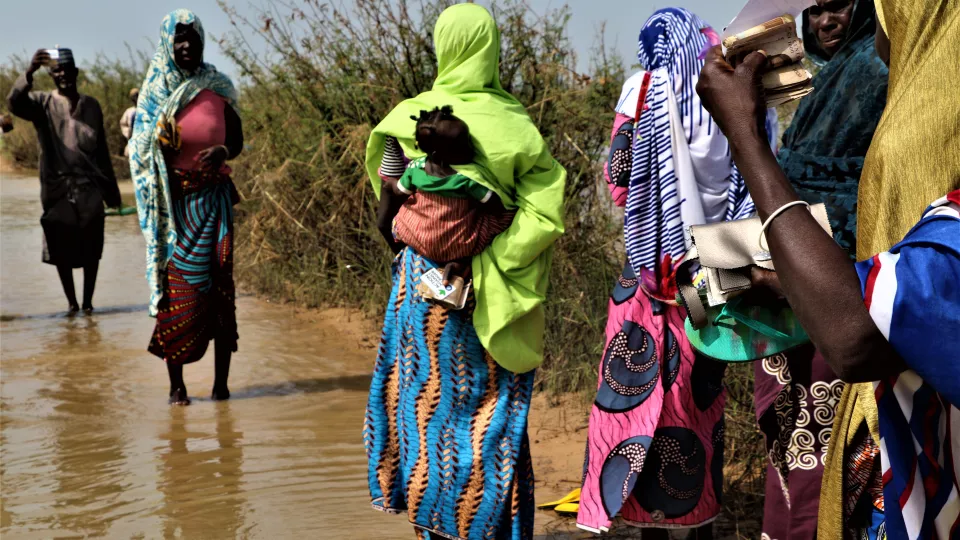
Currently endorsed definitions of accountability to affected people continue to reinforce and be reflective of realities in which humanitarian organisations and donors hold power over crisis affected people...
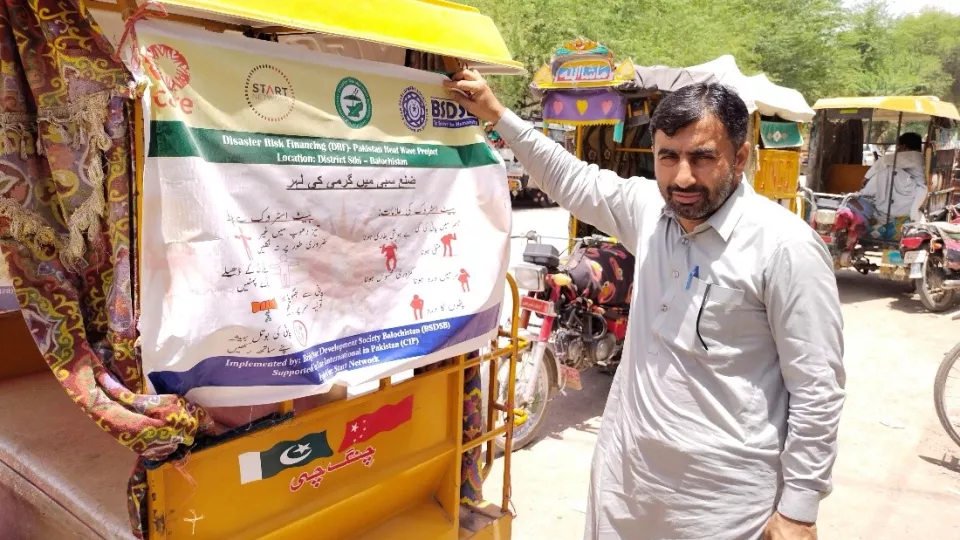
Listening and acting on community feedback is one way to enable the agency of communities and provide assistance that is both effective and dignified.
A locally led humanitarian system that is accountable to people at risk or affected by crisis is also one where communities have agency and voice over humanitarian interventions that respond to their needs.
In December 2020-January 2021 we spoke to 83 stakeholders from four of our hub countries asking them open-ended questions around what a locally led humanitarian system would look to them.
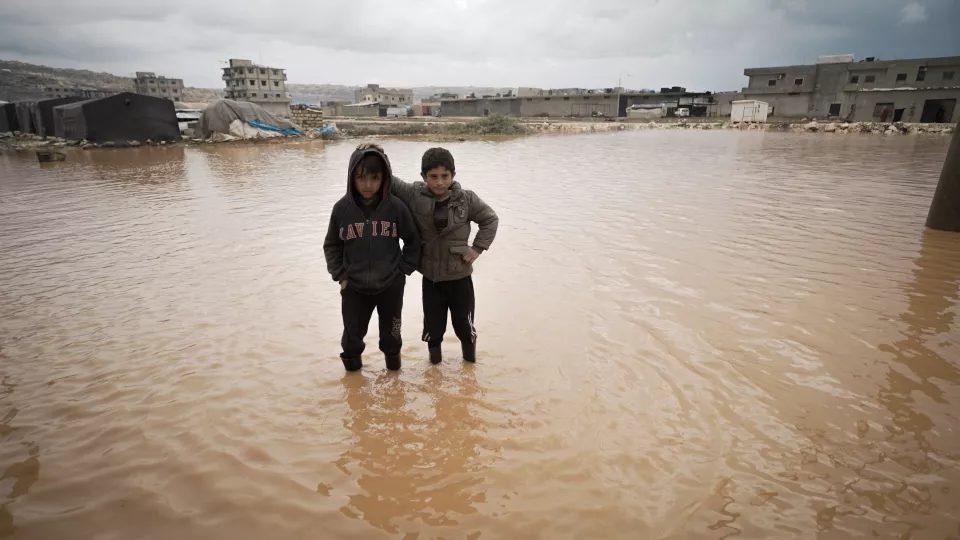
World Oceans Day 2022 calls for individuals, civil society, governments, institutions and the international community to collectively work to revitalise our oceans, which are home to most of the world’s biodiversity and are predicted to be a source of employment for 40 million people by 2030.

The exact rate of ICR received by implementing organisations varies and is often a process of negotiation. However, as a ballpark figure, it is usually between 7-10%.
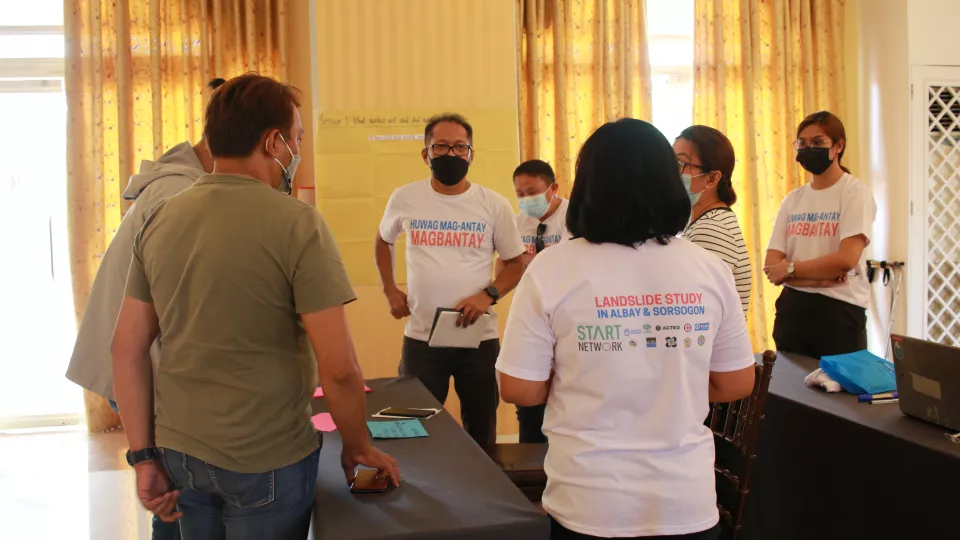
The humanitarian sector aims to be locally led and therefore, it is important that the humanitarian sector listens to organisations acting at the local scale, so we can learn from their experiences and adapt to meet their needs. Over recent years, Start Network has engaged local and national non-governmental organisations through interviews and surveys to determine ways in which humanitarian structures can do better to support them. Gathering perceptions from non-governmental organisations has led to some pertinent findings related to exclusionary practices that some organisations acting at the local scale experience and led to some key recommendations that humanitarian actors can begin to implement in order to build equitable partnerships. While more in-depth research on these systemic issues continues to be conducted by Start Network and other organisations, we hope that this overview can assist international actors to begin positively disrupting the traditional systems that create barriers to equity within crisis response.